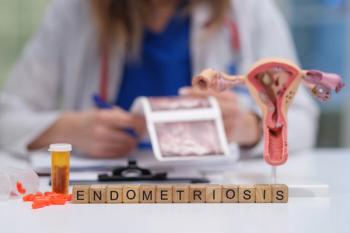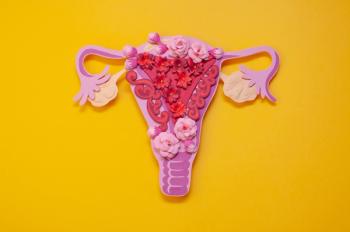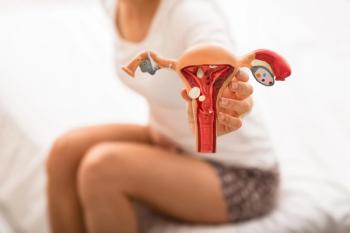
Endometriosis and irritable bowel syndrome
A systemic review and meta-analysis in the Archives of Gynecology and Obstetrics has found epidemiological evidence that endometriosis and irritable bowel syndrome (IBS) are connected.
Women with endometriosis are roughly twice as likely to develop IBS than women without
The literature search was performed using the electronic databases MEDLINE and EMBASE from 1990 to November 2019.
The search yielded 11 studies for inclusion: two prospective cohort studies, two retrospective cohort studies, four case-control studies, one cross-sectional study and two clinical series.
Two studies were conducted in the United States, two in the United Kingdom, three in Europe (Netherlands, Denmark and Sweden) and one each in New Zealand, Australia, Taiwan and Egypt.
Meta-analyzed data on the prevalence of IBS in women with endometriosis revealed that the overall odds ratio compared to women without endometriosis was 3.26; 95% confidence interval (CR): 1.97 to 5.39, with no statistically significant heterogeneity.
The three studies that assessed the incidence of IBS in women with a previous diagnosis of endometriosis showed about a twofold greater risk among women with endometriosis than women without.
The random effects model of the meta-analysis concluded that the overall OR of history of IBS in women with endometriosis was 3.10; 95% CI: 2.06 to 4.67, with no heterogeneity between studies.
“When endometriosis coexists with IBS, the medical or surgical treatment of one disease can modify the clinical course of the other,” wrote the Italian review authors.
They noted that an Italian study published in the journal Human Reproduction in 2005 found that the removal of lesions in women with bowel endometriosis experienced significant improvement in IBS symptoms.
Among patients with stage 1, 2 and 3 bowel endometriosis, 87.5% were completely free of symptoms or achieved a considerable improvement in symptoms at 1 year after surgery. This percentage was significantly higher than in women with stage 0 bowel endometriosis and in women without bowel lesions: 25.0% and 16.9%, respectively (P<0.001).
A separate study published in the Australian and New Zealand Journal of Obstetrics and Gynaecology (ANZJOG) in 2017 concluded that treating IBS with a low-FODMAP (fermentable oligosaccharides, disaccharides, monosaccharides and polyols) diet resulted in more than a 50% improvement in bowel symptoms after 4 weeks of the diet in women with both bowel symptoms and endometriosis.
The link between endometriosis and IBS might be due to shared risk and pathogenic factors, such as chronic inflammatory process and increased presence of mast cells—according to the authors—who noted that inflammation in endometriosis nearly mirrors that observed in IBS.
However, because the symptoms of endometriosis and IBS overlap, the risk of misdiagnosis between the two conditions exists. For instance, in women with endometriosis the diagnosis of IBS is conceivably less, likely due to misclassification of symptoms and thus an underestimation of the association.
“Considering the pathophysiological mechanism common to both IBS and endometriosis, in the presence of severe pelvic pain, the possible diagnosis of these two pathologies needs to be investigated,” wrote the authors.
__
References
- Chiaffarino FC, Cipriani S, Ricci E, et al. Endometriosis and irritable bowel syndrome: a systematic review and meta-analysis. Arch Gynecol Obstet. 2021 Jan;303(1):17-25. doi:10.1007/s00404-020-05797-8.
- Remorgida V, Ragni N, Ferrero S, et al. The involvement of the interstitial Cajal cells and the enteric nervous system in bowel endometriosis. Hum Reprod. Volume 20, Issue 1, January 2005:264–271. doi:org/10.1093/humrep/deh568
- Moore JS, Gibson PR, Perry RE, et al. Endometriosis in patients with irritable bowel syndrome: specific symptomatic and demographic profile, and response to the low FODMAP diet. Aust New Zeal J Obstet Gynaecol. 2017;57:201-205. doi.org/10.1111/ajo.12594
Newsletter
Get the latest clinical updates, case studies, and expert commentary in obstetric and gynecologic care. Sign up now to stay informed.









